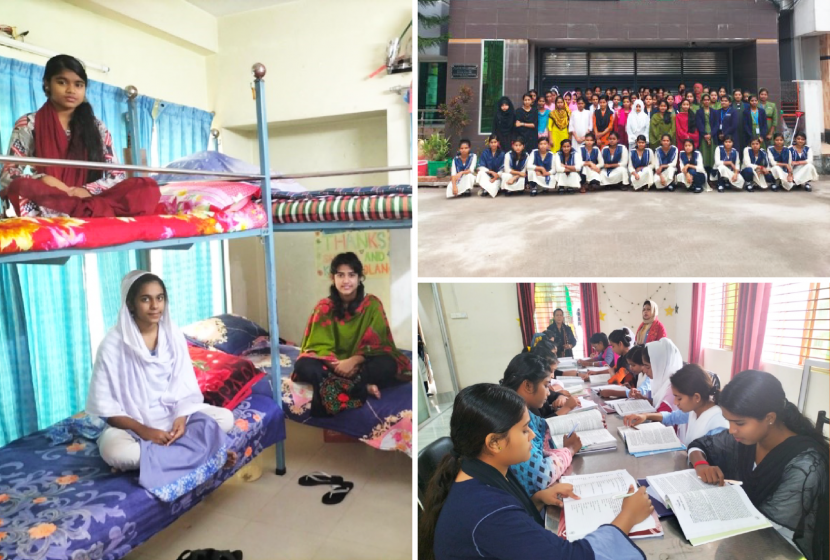Children in extreme poverty are often overlooked, but young girls forced into child marriages are virtually invisible. Child marriage is the greatest human rights abuse against girls globally, with hundreds of millions of girls destined for a bleak future as forced child brides. Thanks to a new partnership between the ASEA® Advancing Life® Foundation and Speak Up for the Poor, girls rescued from child marriages in Bangladesh will now have a safe place to live and access to higher education to help change the course of their lives.
The desperate plight of girls in Bangladesh
Around 20 million girls today in Bangladesh alone will be forced into child marriage merely because they are female and poor. More than 60 percent of girls under 18 are forced into illegal child marriages. In the rural regions of southwestern Bangladesh where Speak Up for the Poor works, this rate is even higher, reaching 85 percent in most villages.
The effects of child marriage are extensively damaging. Child marriage contributes to high rates of domestic violence, because much older husbands often view their spouses as their physical property. These marriages have high rates of spousal rape and sexual abuse, with young girls being highly susceptible to AIDS and other sexually transmitted diseases to which their young bodies have little resistance. As a result, arranged marriages lead to abnormally high suicide rates among Bangladeshi girls.
The practice also leads to a high death rate during childbirth, as many young girls are not physically ready to endure pregnancy and labor. Babies born to child brides tend to have lower birth weight and are generally unhealthier than other infants.
No way to escape
This cultural tradition fueled by poverty fosters an abusive dowry system and limits girls to roles as cooks, cleaners, and mothers, whether they want to be a housewife or not. Girls as young as 12 commonly drop out of school in poor areas of Bangladesh to prepare for early marriage.
If girls are fortunate enough to avoid very early child marriage, poor areas in Bangladesh show huge dropout rates after the ninth and tenth grades, and virtually no young women in the poorest regions will finish high school and pursue higher education. And for the rare one percent who finish high school and are eligible for college, poor families have no way to pay for their daughter to live in a dormitory or support her during four to five years of higher education away from home. Most women in the Bangladeshi workforce are condemned to unskilled labor in dangerous factories and sweatshops with long hours.
Trafficking and exploitation
Divorced young women or those who try to run away are unwanted by their biological family and their in-laws. They are then forced into prostitution to support themselves and their children. Bangladeshi brothel areas are packed with young women, already divorced in their teen years, who have no education and no way to support their children other than working in prostitution. And girls from poor areas in Bangladesh are vulnerable to being trafficked into India for forced prostitution, with uneducated girls and families susceptible to schemes run by trafficking rings across South Asia. Up to 30 percent of the girls working in Indian brothels are from Bangladesh, a total of hundreds of thousands of Bangladeshi girls.
Educational empowerment and safety
While many non-profits end their support of girls at age 18, Speak Up for the Poor eliminates obstacles to higher education by giving every young woman a safe dormitory and other academic support throughout the entirety of her higher education. Speak Up for the Poor works with young women until they are established in a career and hires some of them to be social workers and teachers. Every young woman in the Girls Education Program (GEP) who finishes high school and continues into nursing school or college is among the one percent of girls from impoverished areas who continue to higher education.
Speak Up for the Poor works closely with local police and the judicial system in Bangladesh, enforcing the law and letting parents and potential abusers know that they cannot get away with marrying off children. To reach their goals, the young women of the GEP need a safe dormitory to live in during their college years. Donors support the program by helping with entire educational costs and living expenses of the young women in the Girls Education Program. They live 10 to an apartment in large apartment flats in a secure College Dormitory. There the girls have access to the resources needed to stay in school through their higher education.
Advancing Life is helping the cause and you can help
The Advancing Life Foundation is funding the buildout of additional dorms, which will allow the facility to double the number of girls they can help.
To help fund important rescue and rehabilitation projects like Speak Up for the Poor, visit the ASEA Advancing Life donation page to become a monthly contributor. Every donation is matched by ASEA which helps double the impact of your dollar to help those in need around the world.

